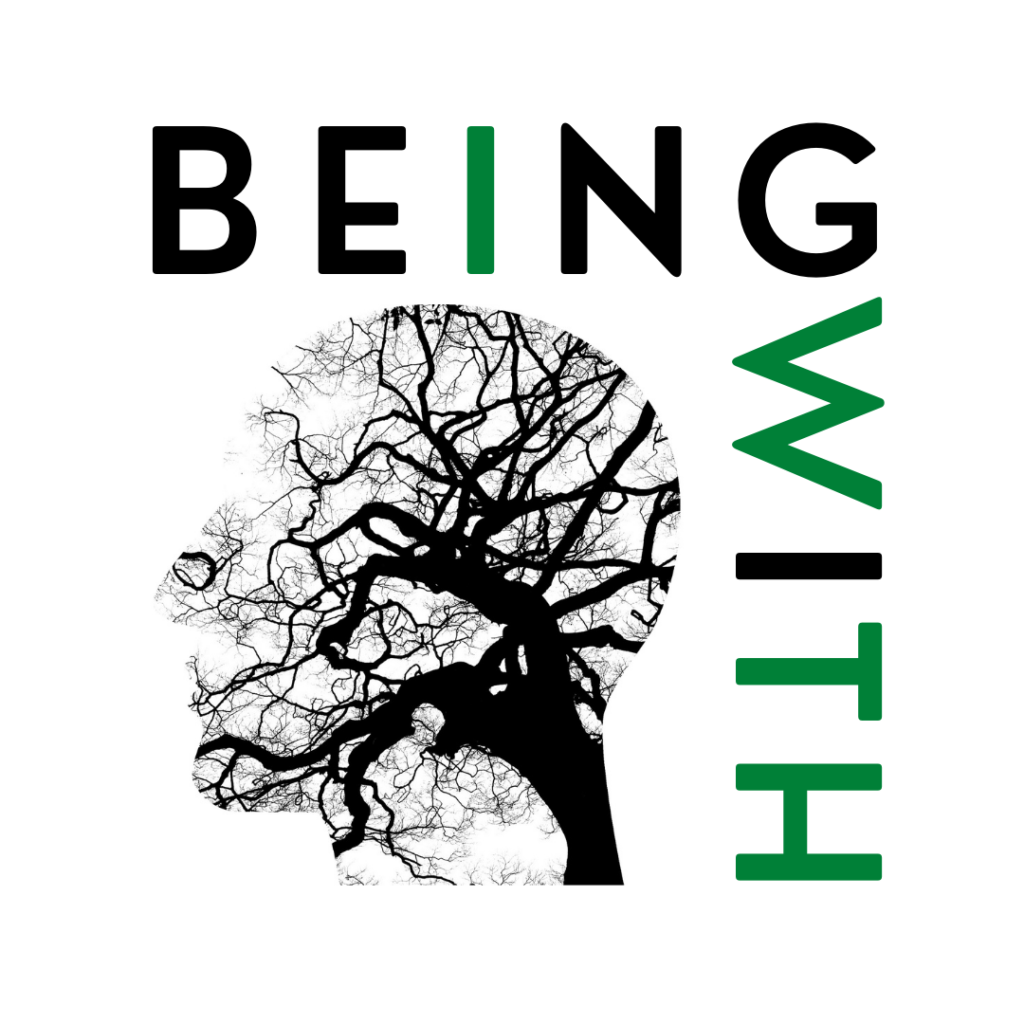Why do you have a brain? To think with.
That would be the common and simple answer.
But Lisa Feldman Barrett says this is all wrong.
Actually, she says we have a bunch of things wrong about how we think about our brain.
And she lays it all out in her new book, Seven and a Half Lessons About the Brain (I’ll be going through one lesson a week building up to the launch of the Being With podcast on neuroscience and faith).
Previous Posts:
- Your Brain Is Not For Thinking
- You Have One Brain (Not Three)
- Your Brain is a Network
- Your (Social) Brain Wires to the World
- Your Brain Predicts (Almost) Everything
- Your Brain Works With Other Brains
- Brains Build More Than One Kind of MIND
- Our Brains Create Social Reality
The Brain Not For Thinking
While we can point to our use of reason, rationality, language, and logic as what separates us from other animals, this isn’t really what our brains are for.
At some point living organicism began to move around for food, rather than just hope food would float by. Motion required great attention to the environment, which causes “senses” to develop.
These organisms also separated into predator (those eating) and prey (those eaten). The developing nervous system needed to identify food to eat, and make sure it didn’t get eaten in the process.
In this search for food, all living organisms make a cost benefit analysis: will the amount of energy needed to find food be more than the cost of energy to find it?
The Brain Is For Predicting, Not Responding

This cost-benefit analysis of “spending energy to get energy” is always looking to the future based on information of the past.
We usually think of animals as responding or reacting to their environment. But Barrett says that animals (through their brains) are actually predicting outcomes in the environment, and initialing movements accordingly.
When it comes to survival, predicting beats reacting.
So our brain is for predicting the world, not thinking about it.
As Barrett says, the most important thing your brain does is “not rationality. Not emotion. Not imagination, or creativity, or empathy. Your brain’s most important job is to control your body…by predicting energy needs before they arise so you can efficiently make worthwhile movements and survive” (10).
This change, from thinking to predicting, is revolutionary for how we understand ourselves, how we connect with others, and navigate the world. And we’ll get to all this in future posts.
But…
“Don’t Worry About Tomorrow”
Of course Barrett, a world class neuroscientist and psychologist, is writing as an evolutionary naturalist. This means that everything we can know about humanity we know though science.
But Christians can, and should say, more about our brains, about our humanity.
Humanity was made on the sixth day, long with all the animals. Therefore what science teaches us about animal brains predicting, rather than just thinking, is important.
But only humanity was called into the seventh day, the day of rest with God. This also says something significant about humanity.
Jesus tells us not to “worry about tomorrow because tomorrow will bring its own trouble” (Matt. 6:34).
Jesus is inviting us not to give into our animal instincts.
Live in the present, not the future.
We have to break our addiction to prediction.
And this living in the present makes it possible to live for others beyond one’s own survival.
While our brains are just for thinking, as we continue we’ll have to see if God’s didn’t make us for more than just predicting for surviving.
So you don’t miss any neuroscience and faith summaries of Barrett’s work, please subscribe to my newsletter (here or above in the sidebar) and/or follow the launch of Being With: On Neuroscience and Faith.


One reply on “The Brain Is Not For Thinking”
“Jesus tells us not to “worry about tomorrow because tomorrow will bring its own trouble” (Matt. 6:34). Jesus is inviting us not to give into our animal instincts. Live in the present, not the future.”
Err no. Jesus says,
32 For the Gentiles seek after all these things, and your heavenly Father knows that you need them all. 33 But seek first the kingdom of God and his righteousness, and all these things will be added to you. (Mt 6.32-33)
His instruction encourages his audience not to seek future food, clothing and shelter for ourselves. Rather knowing God will provide these for us (as he does the rest of creation), Jesus urges his audience to seek the future kingdom and righteousness.
The difference is in what they seek (predict?) not on stopping to seek (predict / live in the moment) altogether.